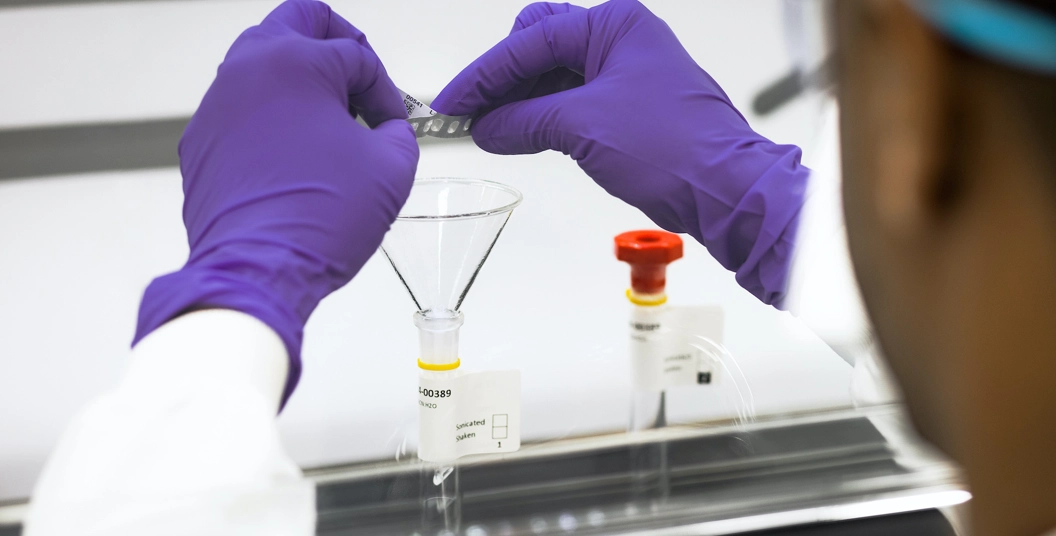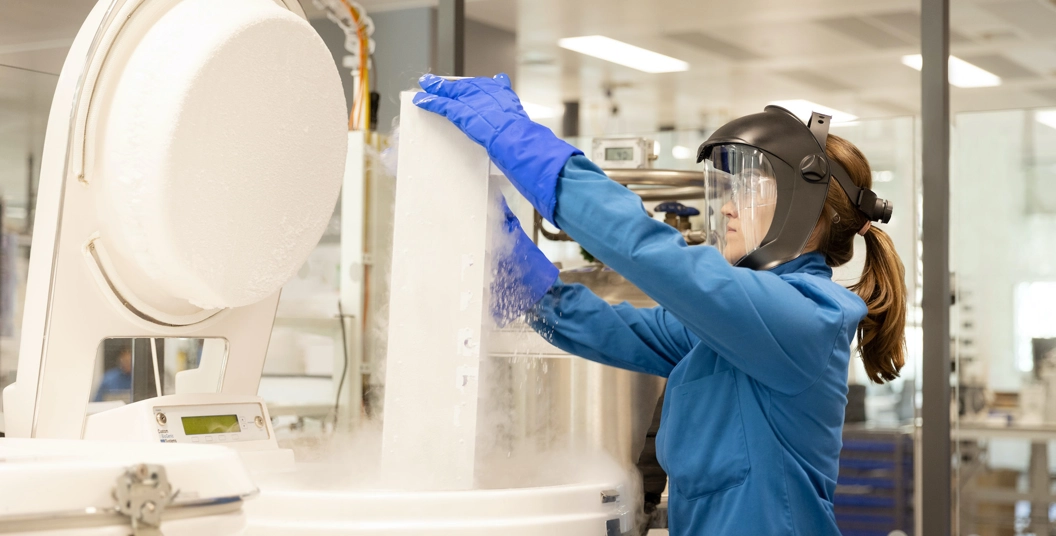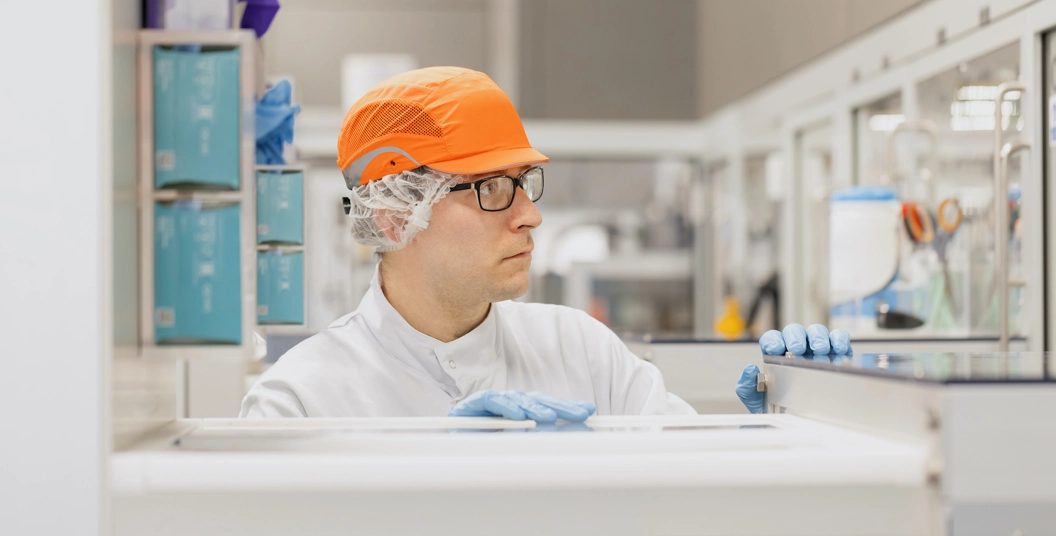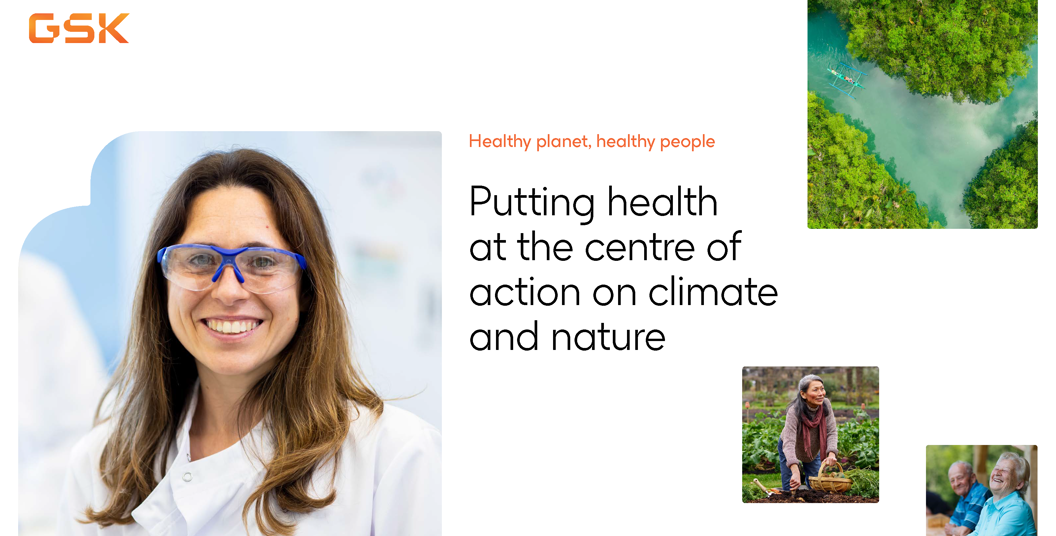Health security
We’re uniting science, technology and talent to get ahead of health security threats.
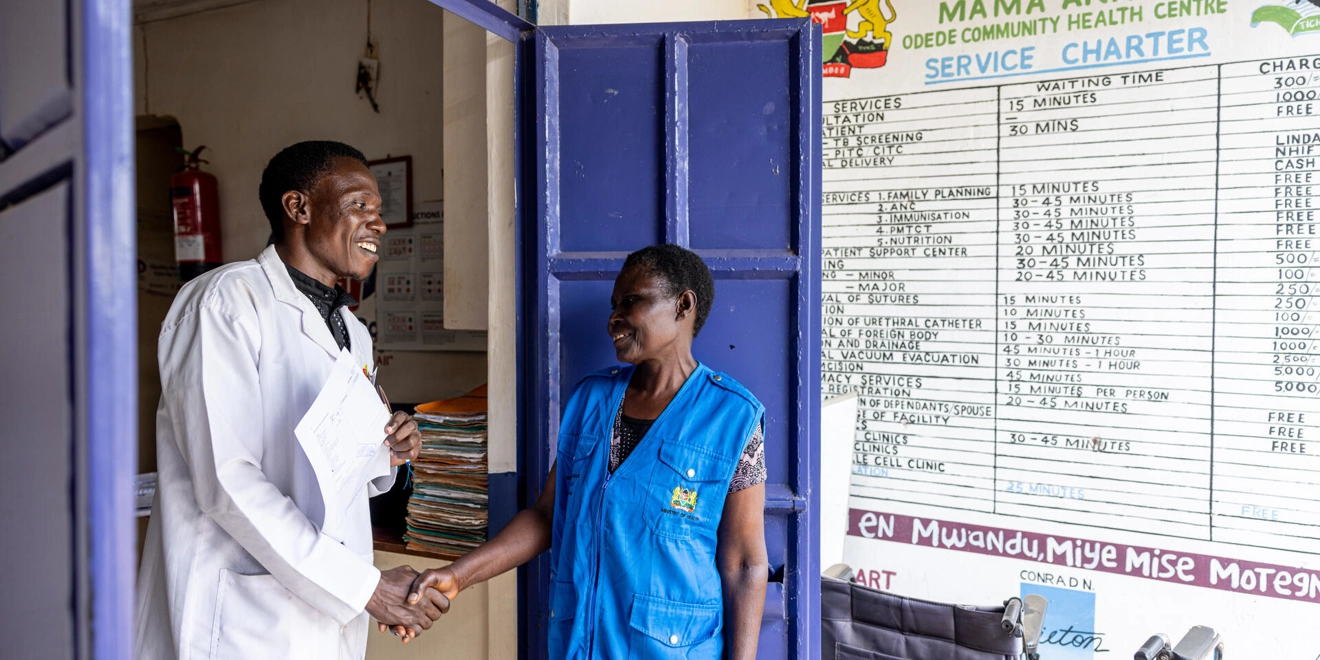
Health security is defined as the actions needed to prevent and respond to acute threats that could endanger people’s health across countries and borders
There are many factors that can jeopardise our health security – from new and emerging infectious diseases to the rise of antimicrobial resistance (AMR). Climate change and nature loss also pose a risk as they weaken the natural ecosystems on which our health depends. Increased global travel, political instability and fragile health systems can all exacerbate these threats.
As a global company innovating to prevent and mitigate infectious disease, strengthening health security is core to our purpose. Protecting people and health systems from infectious disease threats helps to safeguard lives and livelihoods, as well as support our business model. So, we are using our scientific know-how and collaborating with others to help the world better prepare for future health challenges such as disease outbreaks with pandemic potential and AMR.
